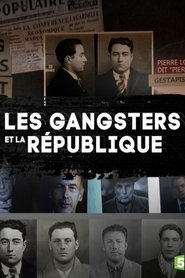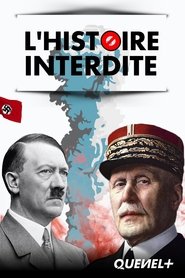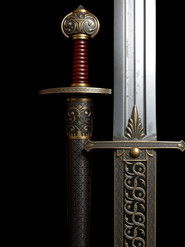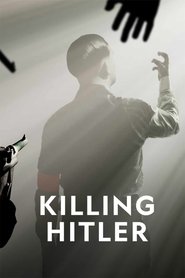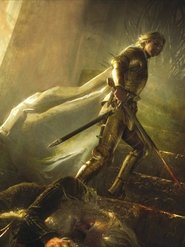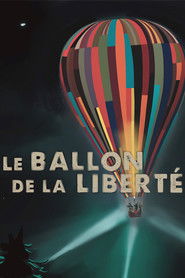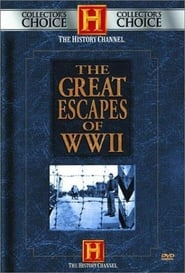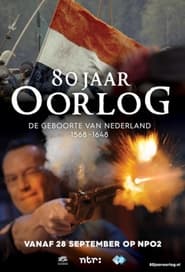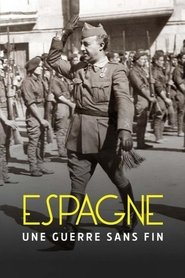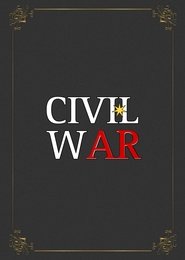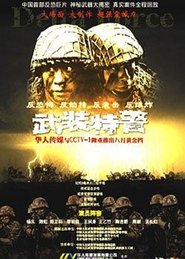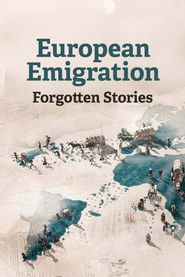Popular War Politics TV Series on Pantaflix - Page 121
-
L'Histoire Interdite
2020
-
지구영웅전
2024
지구영웅전
2024
-
Killing Hitler
2025
Killing Hitler
2025
Killing Hitler immerses you in the heart-pounding, moment-by-moment attempts to assassinate the Führer--including the daring plots orchestrated by Nazi officials within Hitler's inner circle. Through new scientific evidence, rare archives, expert analysis, and historically accurate dramatizations, witness these bold assassination attempts as if you were there. -
A Song of Ice and Fire
1996
Set in the fictional continents of Westeros and Essos, A Song of Ice and Fire is a sprawling epic of power, betrayal, war, and survival. As noble houses vie for control of the Iron Throne, ancient forces stir in the North, threatening to engulf the world in darkness. From the cold Wall in the far north to the sun-scorched lands of Essos, the series follows a vast cast of characters—lords and ladies, knights and assassins, bastards and queens—whose fates intertwine in a brutal game where loyalty is rare and victory often comes at a terrible cost. With complex politics, morally grey characters, and shocking twists, the series redefines the boundaries of fantasy fiction. -
Le Royaume
2006
Le Royaume
2006
-
Historia de un país
2007
Historia de un país
2007
The main economic, political, social and cultural processes of Argentina, from its beginnings to its most recent history. Through animated illustrations, historical archive and emblematic photographs from different eras, we approach different moments that have been key in the development of the country and that propose a starting point for debate and reflection. -
The Great Escapes of World War II
1997
No walls could hold them. No punishment could scare them. No enemy could stop them. In this unforgettable collection, former POWs, resistance fighters, soldiers and guards tell the incredible stories of their thrilling adventures. Through dramatic re-creations, rare photographs and film's, you'll race for the last train out of Paris, risk certain death in Europe's underground railroad, and crawl through the tunnels of the real-life breakout now known as The Great Escape. -
80 Years of War
2018
80 Years of War
2018
At the end of the 16th century, Dutch subjects revolted against legitimate Spanish rule. What starts with the discontent of a minority grows into a war that will last more than a lifetime. From Groningen to Brussels, from Den Briel to Groenlo, the battle erupts everywhere. And often that struggle has a strangely modern appearance. Terrorism, propaganda, executions, radicalization, shock and awe; all themes that can easily be found in the war that was fought from 1568 to 1648. In a 7-part television series, the NTR will bring the stories about the 80-year war that can be found all over the country from September 28, every Friday at 9.05 pm on NPO 2. And Hans Goedkoop oversees the battlefield with experts. -
Reporting America at War
2003
Explores the role of American journalists in the pivotal conflicts of the 20th century and beyond. From San Juan Hill to the beaches of Normandy, from the jungles of Vietnam to the Persian Gulf, reporters who witnessed and wrote the news from the battlefield share dramatic and surprising stories. Examines the challenges of frontline reporting and illuminates the role of the correspondent in shaping the way wars have been remembered and understood. -
The Hill Sunday with Chris Stirewalt
2024
Weekly NewsNation talk series featuring discussion of current events in American politics. -
Civil War
2027
Civil War
2027
-
武装特警
2004
武装特警
2004
-
Kumpas
2022
Kumpas
2022
-
European Emigration: Forgotten Stories
2025
This is the story of one of Europe's biggest migrations; one of people fleeing poverty or persecution and hoping for a better life. German-speaking people descended the Rhine and Danube rivers, from the 17th century until the end of the First World War, and settled in America, Eastern Europe, Russia and Africa.
 Netflix
Netflix
 Amazon Prime Video
Amazon Prime Video
 Apple iTunes
Apple iTunes
 Apple TV Plus
Apple TV Plus
 Disney Plus
Disney Plus
 Google Play Movies
Google Play Movies
 Paramount Plus
Paramount Plus
 Hulu
Hulu
 HBO Max
HBO Max
 YouTube
YouTube
 fuboTV
fuboTV
 Peacock
Peacock
 Peacock Premium
Peacock Premium
 Amazon Video
Amazon Video
 The Roku Channel
The Roku Channel
 AMC+
AMC+
 Kocowa
Kocowa
 Hoopla
Hoopla
 The CW
The CW
 Vudu
Vudu
 Starz
Starz
 Showtime
Showtime
 PBS
PBS
 Pantaflix
Pantaflix
 FXNow
FXNow
 Tubi TV
Tubi TV
 Kanopy
Kanopy
 Comedy Central
Comedy Central
 Crunchyroll
Crunchyroll
 Microsoft Store
Microsoft Store
 Redbox
Redbox
 Sun Nxt
Sun Nxt
 ABC
ABC
 DIRECTV
DIRECTV
 Crackle
Crackle
 Fandor
Fandor
 Plex
Plex
